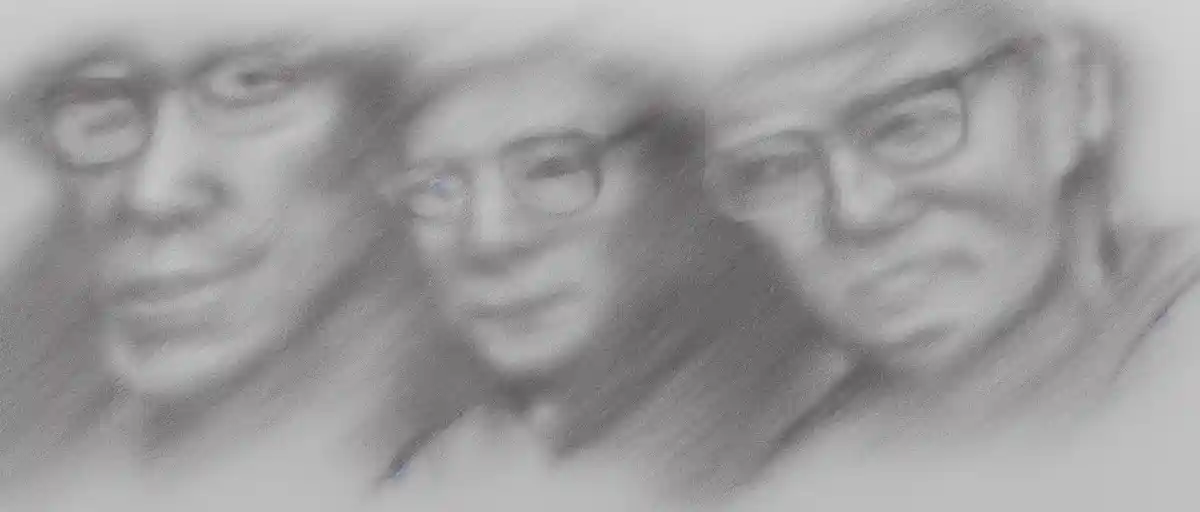You Might Find This Fascinating As Well:
Explosive Speech by Brett Kavanaugh Raises Doubts About Supreme Court’s Ethics and Transparency Standards
The recent speech delivered by Supreme Court Justice Brett Kavanaugh has once again ignited debates about the ethics and transparency of the nation’s highest court. The fact-checking analysis reveals troubling inconsistencies and inaccuracies in Kavanaugh’s claims, raising concerns among both critics and supporters of the court.
On the one hand, Kavanaugh’s statement that all Supreme Court Justices have followed ethical guidelines regarding financial disclosures is shattered by instances where disclosures were incomplete or delayed. This inconsistent approach undermines the credibility and trustworthiness of the court, leaving room for doubts about the Justices’ commitment to upholding transparent practices. Critics argue that such lapses erode the public’s faith in the court’s ability to remain impartial and ethically sound.
However, supporters of Kavanaugh and the court contend that these instances of incomplete or delayed financial disclosures should be seen as isolated incidents, not indicative of a widespread problem within the court. They argue that given the demanding nature of their work and the immense responsibility they bear, occasional administrative or procedural errors are bound to occur. Supporters maintain that the vast majority of Supreme Court Justices diligently adhere to the ethical guidelines and fulfill their financial disclosure obligations, ensuring transparency to the best of their abilities.
Moving beyond financial disclosures, Kavanaugh’s claim that Supreme Court Justices are the most transparent government officials has also been debunked by fact-checkers. It is concerning that the court is exempt from the Ethics in Government Act of 1978, unlike other government officials, who are subject to more stringent transparency requirements. This exemption raises questions about why the Supreme Court operates under different standards and whether it is truly holding itself to the highest level of transparency expected of a government body.
Critics argue that the court’s exemption from the Ethics in Government Act undermines the very foundation of accountability and transparency that is crucial for public trust. They argue that transparency is necessary to ensure that the Supreme Court remains unbiased and accountable in its decision-making, especially given its immense power and influence over the nation’s laws. Supporters, on the other hand, contend that the court’s unique position necessitates a different approach, as excessive transparency could compromise the independence and integrity of the court by exposing Justices to unwarranted influence or scrutiny.
Wrap-up, the revelations stemming from Justice Kavanaugh’s speech have reignited debates about the ethics and transparency of the Supreme Court. The fact-checking analysis clearly shows deficiencies in the court’s adherence to ethical guidelines and raises concerns about its exemption from transparency requirements. These revelations demand a deeper examination of the court’s practices to restore public confidence in its impartiality and commitment to transparency. Both critics and supporters of the court agree that this scrutiny is vital to uphold the integrity of the Supreme Court and ensure its continued role as the ultimate arbiter of justice in our nation.
Here's A Video We Thought You Might Also Like:
Author Profile

- With a background in sports journalism, I bring the thrill of the game to my readers, but I also delve into the political dynamics surrounding sports events and the impact they have on society.
Latest entries
 Breaking News2023.12.17Thunderstruck Allegations Surface Sex Tape Scandal Rocks Capitol Hill!
Breaking News2023.12.17Thunderstruck Allegations Surface Sex Tape Scandal Rocks Capitol Hill! Breaking News2023.12.10Incredulous Revelations Congressional Democrats Embrace Happy Hamas!
Breaking News2023.12.10Incredulous Revelations Congressional Democrats Embrace Happy Hamas! Breaking News2023.12.07Explosive Memo Reveals Remarkable Threats to Military Readiness – Is America’s Defense at Risk
Breaking News2023.12.07Explosive Memo Reveals Remarkable Threats to Military Readiness – Is America’s Defense at Risk Breaking News2023.12.01The Untold Legacy of Henry Kissinger Friend or Foe
Breaking News2023.12.01The Untold Legacy of Henry Kissinger Friend or Foe






